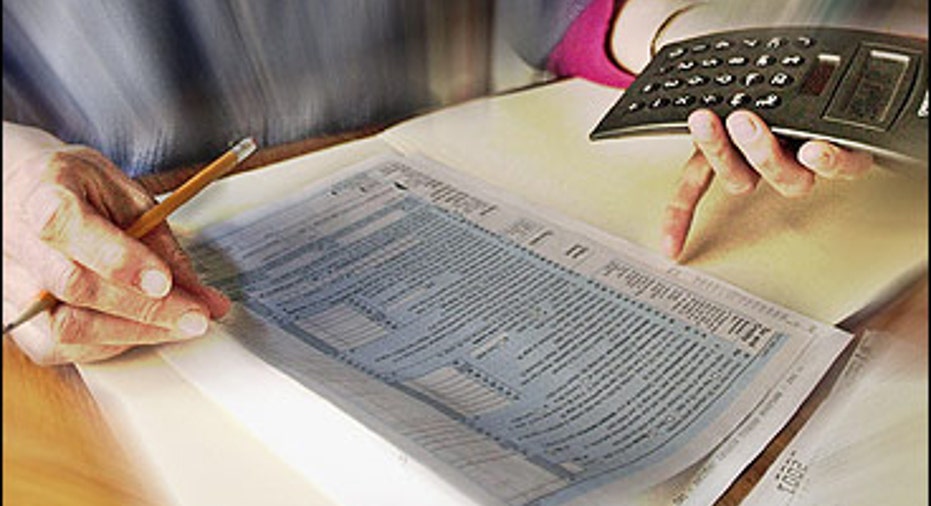Tax Season is Over: Now What?

Just because tax season is over, that doesn’t mean you have another 12 months before you have to start thinking about getting your paperwork together.
We’re all having different reactions after submitting our returns: some of us are still in shock because our liability was greater than anticipated. While others are joyfully planning ways to spend their big refunds.
Because so much of your money ends up in the government’s checking account, it’s wise to consider legitimate ways of keeping more of it in your own pocket. Here are some tips to help you plan for a happy experience next April 15.
Loan modifications and refinancing. If you are one of the many who are refinancing or going through a loan modification program that will reduce your payments, forgive outstanding delinquent payments and reduce your balance or interest rate, it will also affect your tax liabilities.
A new client this year encountered a nearly insurmountable tax bill because a refinance in early 2011 cut her interest rate in half, which in turn reduced her total itemized deductions--losing that much of a writeoff can cause havoc on your tax bill. Crunch the new numbers with your tax pro and adjust your withholding or increase your estimated tax payments accordingly. It’s also a good idea to do some tax planning to find other ways to minimize your tax obligations.
Unemployment. If you have recently lost your job and are receiving unemployment benefits, you will be required to pay federal income taxes on the benefits. I call this getting kicked while you’re down--but you need to plan for it. You can ask for federal withholding from the checks in order to meet this obligation.
Installment agreement. If you were unable to pay your tax liability on April 17, you may request an installment agreement by completing and submitting an Installment Agreement Request. It’s important to determine why you aren’t able to pay your tax bill on time. Was it a one-time financial event that led to this problem? Or do you habitually find yourself owing and incurring penalties and interest? If the latter is the case, adjust your withholding or increase your estimated tax payments to cover your liabilities. The IRS is willing to combine an existing installment plan with a new one, but it does not take kindly to a third request if you already owe for prior years.
Big refund. If you enjoyed a big refund this year, consider this: The IRS had your money all year. Some folks view this as a forced savings account, and if interest rates were running higher, I would encourage discipline and suggest you open a savings account. Even so, why not take control of your own money? If you have direct deposit of your paycheck, you likely can request the funds be split between accounts. Why not adjust your withholding and fund a savings with the extra dough?
Tax law changes. It seems as if tax law changes every 20 minutes, so be sure to keep an ear to the ground and learn about any new tax laws that could affect your financial situation.
It’s an election year and candidates want to be heroes, but the law changes they propose may not be helpful to you. Consult your tax pro to discuss ways to minimize your liabilities.
Shelter your income. Max out your contributions to your retirement plan at work, and work hard to avoid being caught short on funds in your declining years. If there is no retirement plan at work, open an IRA and fund it. A health savings account (HSA) is also another program to consider for optimizing your medical deductions above the line.
Bonnie Lee is an Enrolled Agent admitted to practice and representing taxpayers in all fifty states at all levels within the Internal Revenue Service. She is the owner of Taxpertise in Sonoma, CA and the author of Entrepreneur Press book, “Taxpertise, The Complete Book of Dirty Little Secrets and Hidden Deductions for Small Business that the IRS Doesn't Want You to Know.” Follow Bonnie Lee on Twitter at BLTaxpertise and at Facebook.



















